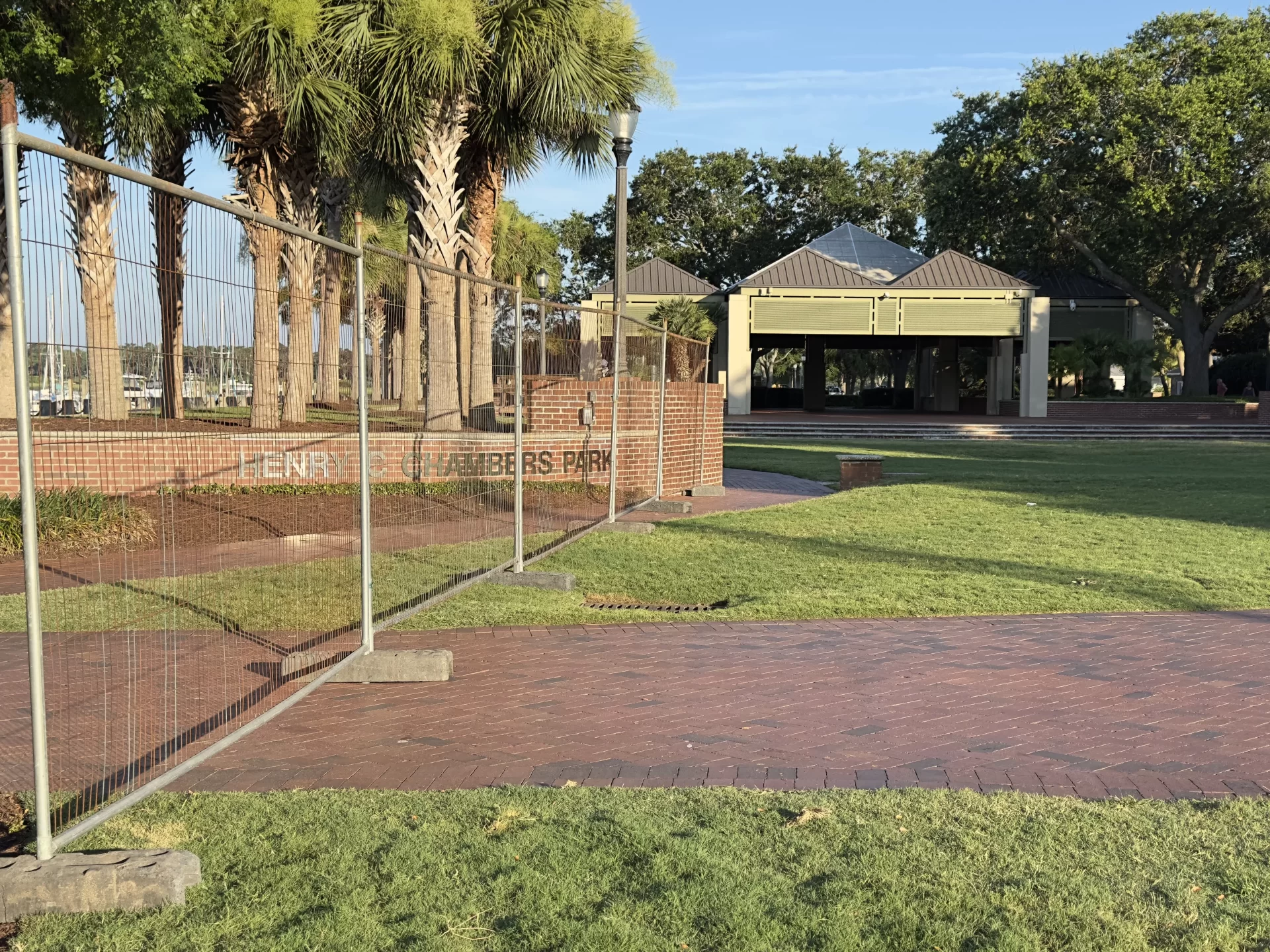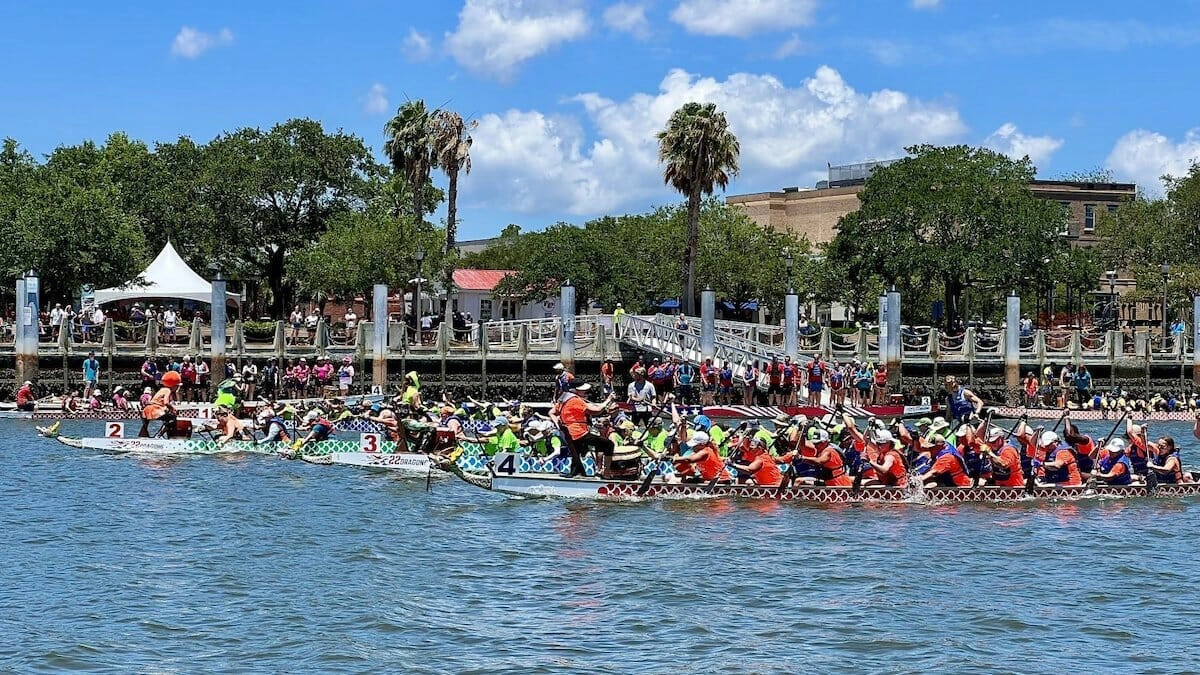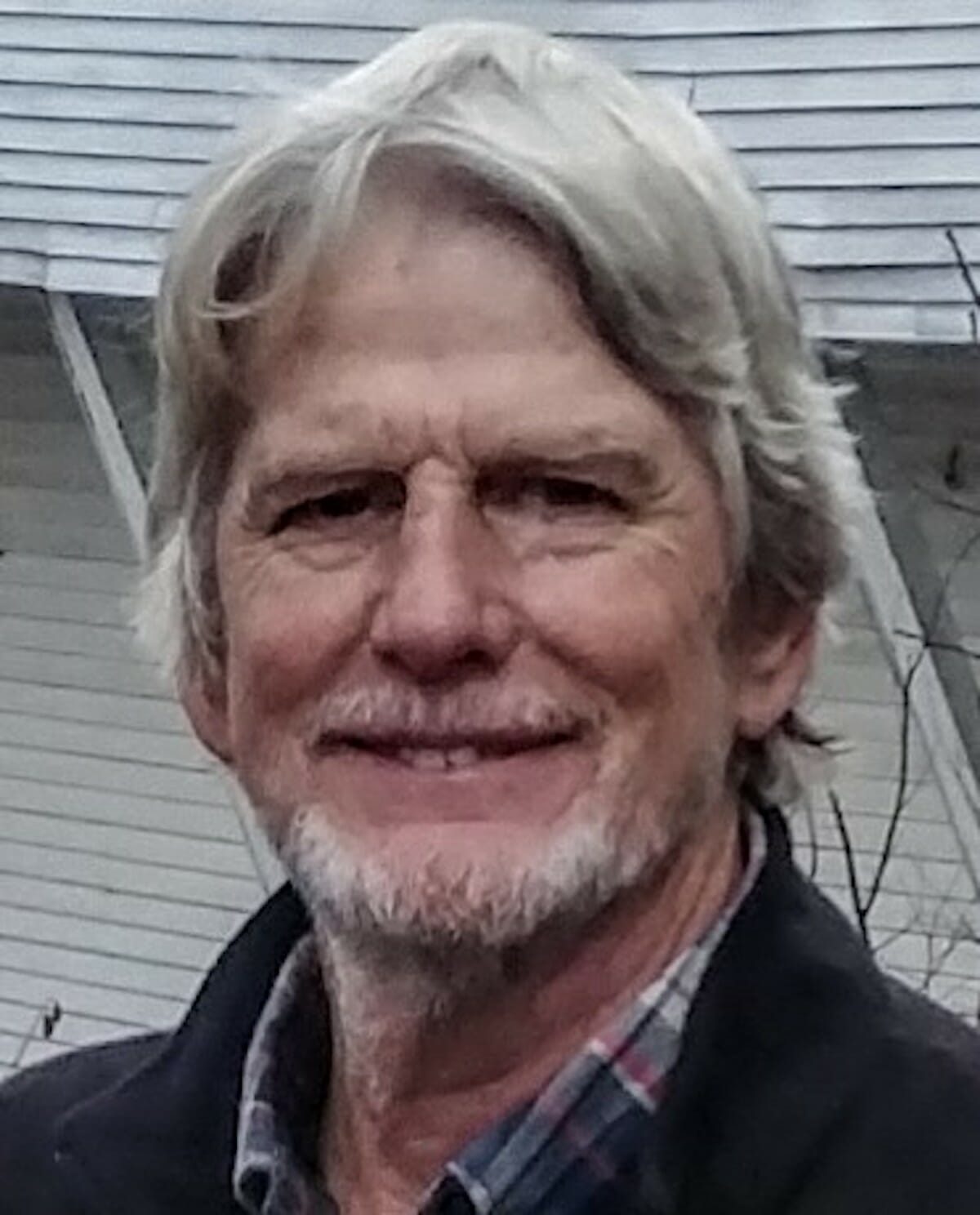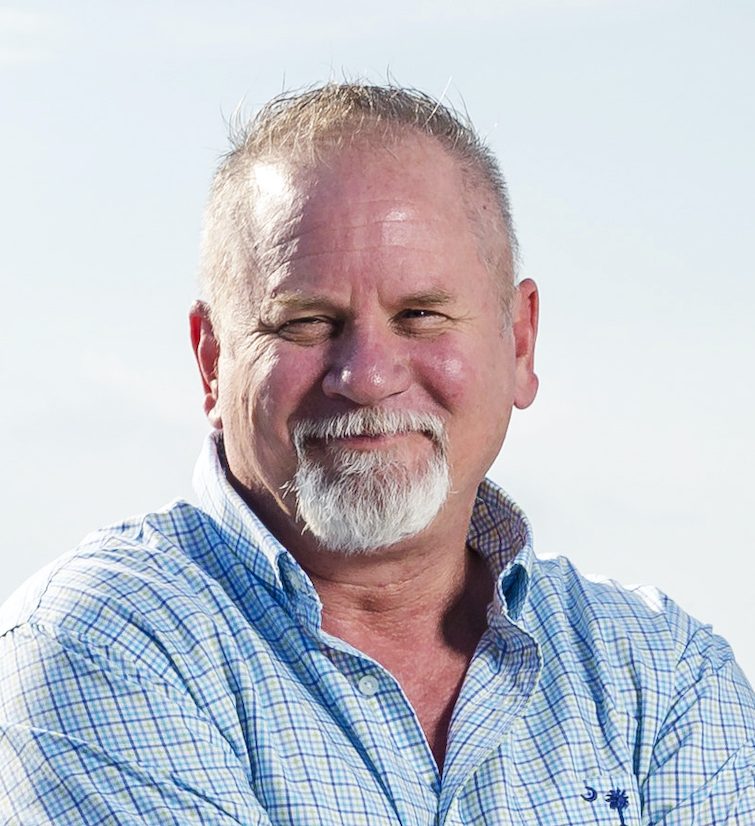It is Saturday, and I’m in Port Royal. This afternoon, it’s raining, and the line of Ford pick-ups headed to the Sands Beach is diminished. I have the Wall Street Journal, weekend edition, which has a piece on Henry Kissinger.
The WSJ puts Kissinger into a pantheon of three “Homeric Age” statesmen that also include George Shultz and James Baker. Kissinger is a “master of the geopolitical chessboard” for orchestrating the rapprochement with China in 1974; and “brilliantly intuited the passions and psychological needs of leaders from Zhou Enlai to Anwar Sadat to Golda Meir.”
But on August 13, 2022, the WSJ said that Kissinger courted controversy when he suggested that Ukraine is not a logical member of NATO. He opined that Ukraine is a collection of territories once appended to Russia which the Russians see as their own.
“I was in favor of the full independence of Ukraine; but I thought its best role was something like Finland.”
Kissinger has long advocated “equilibrium” among the great powers.
“Since the 1950s when he was at Harvard writing on nuclear strategy, Mr Kissinger has understood diplomacy as a balancing act among great powers shadowed by the potential for nuclear catastrophe. The apocalyptic potential of modern weapons technology, in his view, makes sustaining an equilibrium of hostile powers, however uneasy it may be, an overriding imperative of international relations.”
Now Kissinger says — because of the shameful behavior of the Wagner Group and the indiscriminate use of Russian artillery — the die has been cast.
“Now I consider, one way or the other, formally or not, Ukraine has to be treated in the aftermath of this as a member of NATO.”
Before the disintegration of the Soviet Union, Ukraine’s largest industries designed, manufactured and shipped-out weapons of every kind to the rest of the USSR. Ukrainian factories accounted for 30% of Soviet defense industry; and Ukraine accounted for 40% of the total Soviet troop strength. These military factories and troops brought billions of dollars into Ukraine.
After independence, when the Soviet money stopped coming, Ukrainian society broke down into factions that pitted the urban middle class (mostly in the West) against the pro-Russian workers in the diminished defense factories (mostly in the South and East). “Around 4.5 million Ukrainian citizens — roughly 10% of the country’s prewar population — now lived in territories no longer controlled by the central government, Donbas and Crimea. These were once the core voters in the pro-Russian camp.”
Somewhere down the road Kissinger sees a diplomatic settlement that would preserve the Russian gains — which are shrinking as I write this — when it seized Crimea and portions of the Donbas region. President Zelensky does not believe this apartheid is inevitable and, at the moment, seems to be winning on the ground.
The notion of equilibrium is a popular diplomatic concept that has been around for hundreds of years and has an uneven track record when it comes to keeping the peace.
In 1922 the United States, United Kingdom, Japan, Italy and France agreed on a formula that restricted the number and the tonnage of naval warships. The Washington Naval Treaty came up with a 5-5-3-1.75-1.75 ratio that recognized that these 5 countries were the world’s big boys and this ratio represented their entitlement to build battleships This was, in effect, another effort to establish peace by way of equilibrium.
That effort failed when Japan pulled-out of the Treaty in 1936; and Germany put all of its marbles on submarines — which were not covered by the terms of the Treaty.
But in the end, equilibrium scraps the notion of sovereignty for countries who find themselves in the immediate neighborhood of a powerhouse like China, India or Russia.
Ukraine will, according to Kissinger, lose parts of the Donbas and probably Crimea; but there is no doubt it will run for the open, welcoming arms of NATO. When that happens Ukraine will get NATO’s collective security guarantee and Vlad will then face a well-armed, thoroughly resentful country on its Southern flank — joining Finland and Sweden on its Northern flank.
If this war has proved anything, it has shown that Russian infantry has huge problems with training, morale and re-supply. The only effective ground units appear to be the highly paid, semi-separate Wagner Group.
This means Vlad’s only remaining card is the irrational, psychopath, he’s-capable-of-anything card — the same card Nixon played in 1969 when Henry Kissinger was his National Security Advisor.
Scott Graber is a lawyer, novelist, veteran columnist and longtime resident of Port Royal. He can be reached at cscottgraber@gmail.com.











